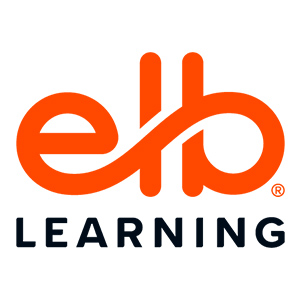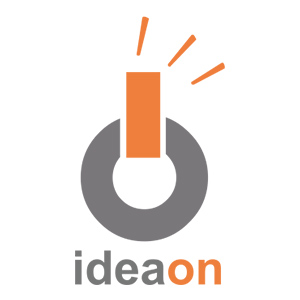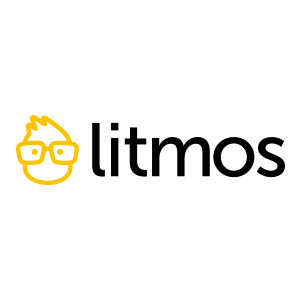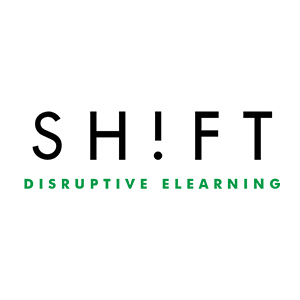The implications of digitization are also evident in the field of education and have contributed to significant shifts in the way education is taught and consumed. Rotary learning and confidence in written content or book-based learning are quickly becoming functions of the past. Until the end of the last century, India’s education system has been working on conventional classroom-based instruction, where students have not been granted the ability to engage in immersive sessions. In order to meet the demands of changing times, it has become important to make ideas simpler and students confident enough to cope internationally. With technology expanding to the education sector, the traditional classroom, once marked by dull hour-long sessions, is now turned into an interesting, fun-filled environment. Digital education has made life easier for both students and educators. eLearning, without a doubt, has fixed its roots in the surface of education. With the increasing speed of internet connections, opportunities for multimedia training have arisen. Even social media has had a great impact on education and is evolving it constantly.
Learning and educating can be very expensive, time-consuming and does not guarantee results, but eLearning has the baggage of solutions to every possible problem. The idea of e-learning is to empower learners to absorb personal accomplishments, basic schooling, or to obtain a degree certificate without actually attending the school, university, or any other academic institute. Another idea is to apply e-learning to all levels of schooling to ensure students grasp the lessons adequately.
To make this process more streamlined, our team of researchers, analyzers, and Enterprise Viewpoints magazine editorial team have shortlisted a team of companies that stand out from the crowd. This special edition features some of the most innovative and cutting-edge solution providers who are creating an impact in the industry.
























